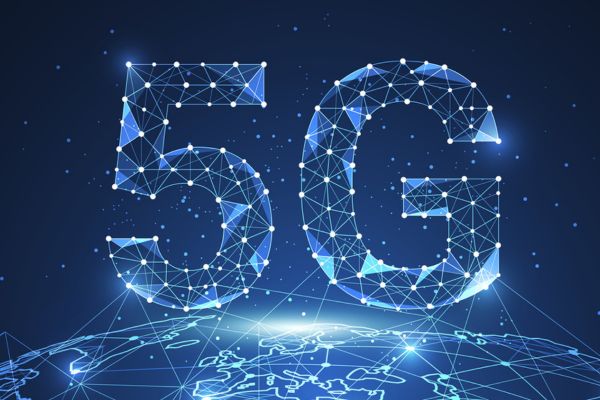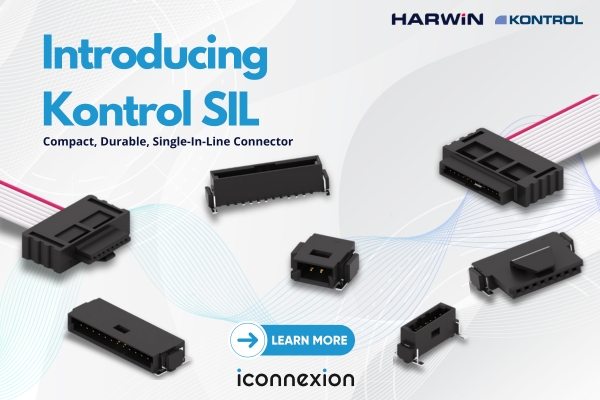The Industrial Internet of Things (IIoT) is contributing significantly across a diverse range of industries such as manufacturing to logistics. This contribution is done by connecting sensors, machines, and operational systems to analyze and gather data in real-time. This integrated system showcases innovative levels of automation, efficiency, and insight. Moreover, the true potential of IIoT is hampered by the limitations offered by the traditional connectivity solutions such as Wi-Fi and older cellular generations. With the launch of 5G, the fifth generation of mobile communication, with a primary focus on private 5G as a service is expected to be lucrative over the futuristic years.
The Power of 5G for IIoT
5G is one step forward towards the new requirements showcased by industrial applications. Its key properties are perfectly aligned with the needs of IIoT:
- Ultra-Low Latency: This is considered as one of the most critical advantages of 5G for IIoT. With latency as low as 1 millisecond, 5G provides real-time control for industrial processes. This low latency is important for applications such as remote control of heavy machinery, precision robotics, and others.
- Massive Machine-Type Communications (mMTC): IIoT deployments include a high number of connected devices. 5G is designed to manage and support several thousands of devices without degradation in the performance.
- Enhanced Mobile Broadband (eMBB): Low latency is important for control while high bandwidth is vital for applications that require a high amount of data. 5G offers faster data speeds, thereby enabling the fast transmission of large volumes of data.
- High Reliability and Availability: In industrial situations, downtime relates to more cost, contributing to an increase in overall expenses. 5G provides reliability and provides stable connectivity with heavy machinery.
The Rise of Private 5G as a Service
Public 5G networks provide advantages, however, a rise in preference towards industries utilizing 5G for IIoT is through Private 5G as a Service. This cellular network offers enterprises with security, and performance. Instead of depending heavily on a shared public network, a private 5G as a service involves utilizing a customized 5G network within a specific operational vicinity. This provides several distinct benefits:
- Enhanced Security: With a Private 5G as a Service data is intact on the site within the enterprise’s control. This leads to a significant reduction in the risk regarding cyber threats.
- Guaranteed Performance: It provides exclusive bandwidth and very low latency particularly for applications related to an enterprise. This makes sure that predictable and consistent performance, amongst others, is achieved.
- Customization and Control: Enterprises obtain control over their network, enabling them to alter their capacity, coverage, and others as per the requirements. This level of customization is not achievable in public networks.
- Simplified Deployment and Management: a lot of Providers offer customized 5G network. They offer a solution that elucidates the operation, deployment, and maintenance of the network.
Real-World Applications and the Impact of Private 5G as a Service
The impact of Private 5G as a Service on industrial operations in several sectors:
- Smart Manufacturing: In warehouses and manufacturing facilities, customized 5G network provides real-time monitoring of predictive maintenance in assembly lines. This leads to a reduction in downtime, improved quality control and optimized production.
- Logistics and Warehousing: Private 5G as a Service advances warehouse automation with the help of autonomous mobile robots (AMRs). They guide the environments of complex nature with speed and precision.
- Mining and Ports: In environments such as mines and ports where challenged demand required specific requirements, it offers reliable connectivity for control of heavy equipment remotely.
- Utilities and Energy: Service of Private 5G is used to develop smart grids. These smart grids allow for the monitoring of energy consumption on a real-time basis, optimizing resource distribution amongst others.
The rise in adoption of this customized 5G network has led to companies including it as a tailored connectivity solution for their digital transformation journey. It provides a reliable and secure solution for including advanced technologies such as Machine Learning (ML), Artificial Intelligence (AI), and Augmented/Virtual Reality (AR/VR) into industrial environments.
The Future is Connected
The convergence of 5G and IIoT showcases a shift for industries across the globe. This combination is creating a way for truly highly automated logistics hubs, smart factories, and others. As the need for real-time data, enhanced security and advanced automation is expected to grow, Private 5G as a Service is expected to become a lucrative option for businesses.
Conclusion
The inclusion of 5G for Industrial IoT (IIoT) is expected to be highly lucrative with a focus on prevailing the limitations of traditional connectivity. The emergence of Private 5G as a Service contributes to the benefits of 5G such as low latency amongst others. These provide enterprises with a secure and customizable network. This environment in a controlled area makes way for simplified management, proving potential for smart manufacturing, mining, logistics, and utilities. Service for Private 5G is a basis for digital transformation, offering advanced technologies an integrated and lucrative industrial future.
















